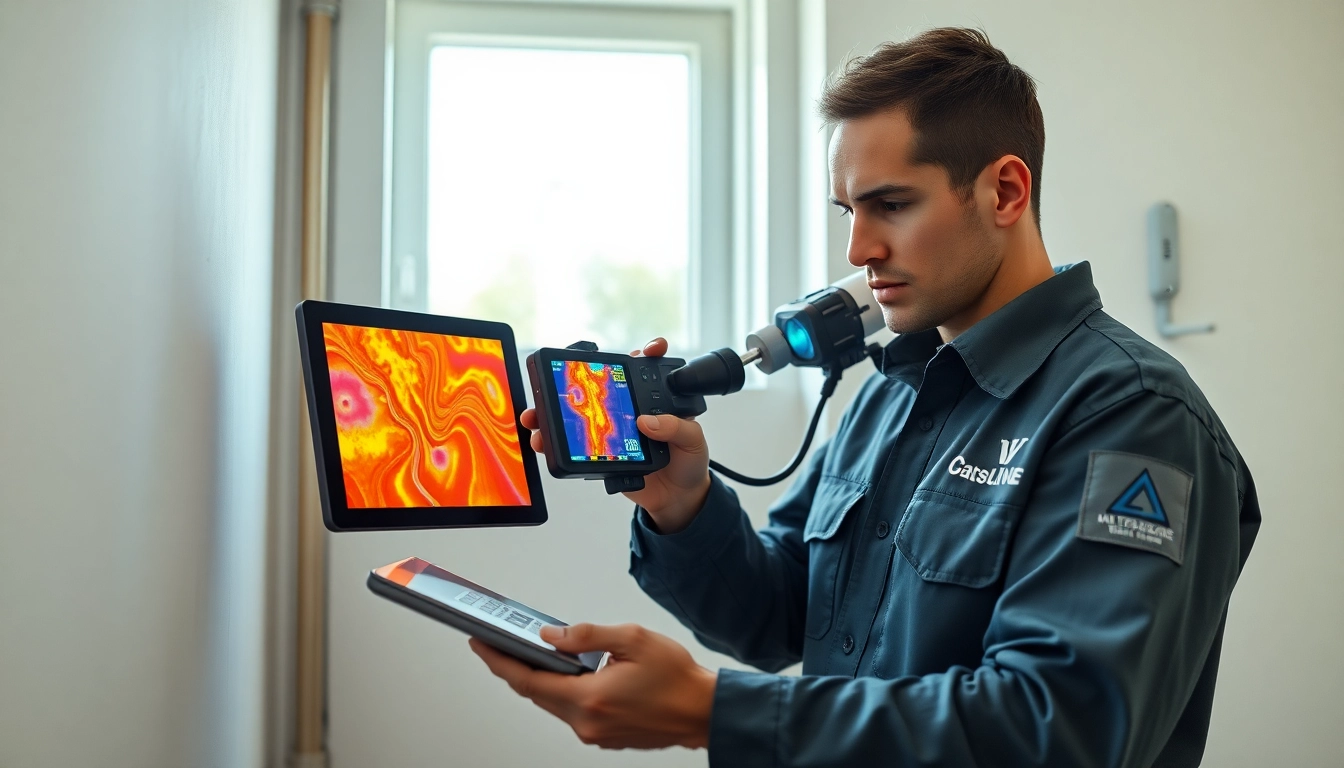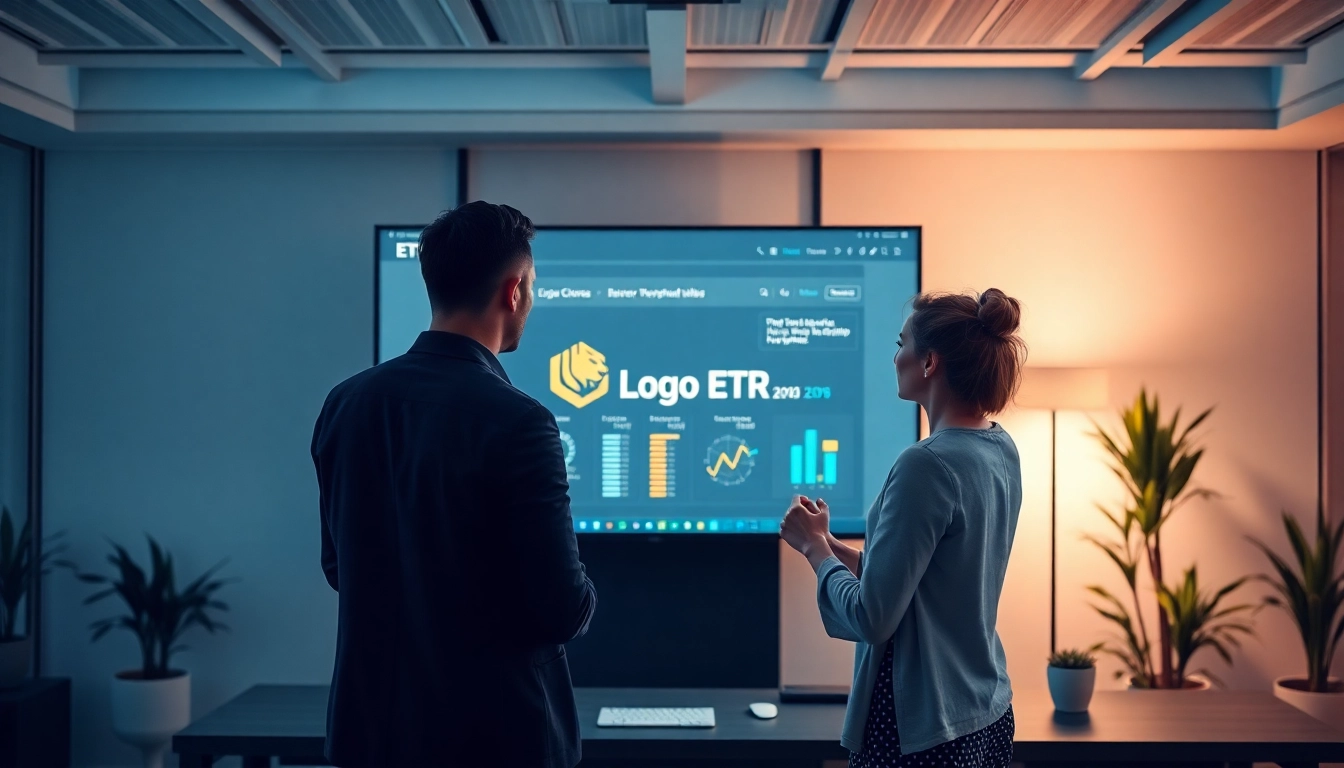Understanding Water Leak Detection: Importance and Methods
Water leaks are not just a minor inconvenience; they can lead to significant damage and costly repairs if left unaddressed. For homeowners, implementing effective water leak detection strategies is crucial to protect their property and ensure the safety of their living environment. Understanding the importance of water leak detection can empower homeowners to take proactive measures against hidden leaks and their potential consequences.
Why Water Leak Detection is Essential for Homeowners
Detecting water leaks early can save homeowners from substantial repair costs and potential health issues caused by mold and dampness. Water leaks can compromise the integrity of a building and contribute to higher utility bills. Homeowners who invest in leak detection services can enjoy peace of mind, knowing they are taking steps to protect their homes. Moreover, many insurance policies offer better rates for homes equipped with leak detection technology, making it both a wise financial and safety decision.
Common Types of Water Leaks and Their Risks
There are several types of water leaks that homeowners should be aware of:
- Plumbing Leaks: These occur in internal pipes and fittings, often leading to damp walls and ceilings.
- Slab Leaks: Hidden leaks under the foundation of a home can cause significant structural damage.
- Roof Leaks: Damaged roofs can allow water to penetrate, leading to mold growth and damage to interior spaces.
- Pool Leaks: Swimming pools may experience leaks that lead to water loss and increased chemical costs.
Each of these leak types poses unique threats, from damaging property to creating hazardous living conditions. Therefore, timely detection and repair are essential.
Overview of Advanced Water Leak Detection Technologies
Modern technology has revolutionized the methods available for detecting water leaks. Homeowners can now benefit from advanced solutions that provide precise and efficient leak detection. Technologies such as thermal imaging, acoustic sensors, and pressure testing are at the forefront of these services, aiming to minimize disruption while effectively locating leaks.
Proven Techniques in Water Leak Detection
Using Thermal Imaging for Accurate Leak Location
Thermal imaging cameras are used to identify temperature variations caused by leaks in walls, ceilings, and floors. By capturing infrared images, these cameras allow technicians to visualize heat patterns, helping pinpoint the location of leaks without invasive measures. This technology is particularly useful in identifying hidden leaks that may not be easily spotted through conventional inspections.
Acoustic Methods: Listening for Leaks
Acoustic leak detection utilizes sensitive microphones to listen for the sound of water escaping from pipes. This technique is especially effective for underground or hidden systems. By tuning in to the unique sounds emitted by leaking pipes, technicians can locate leaks with impressive accuracy, ensuring minimal disturbance to the property.
Pressure Testing: Confirming Leak Locations
Pressure testing involves monitoring changes in water pressure within specific sections of a plumbing system. A drop in pressure can indicate a leak, prompting further investigation. This method is reliable and often employed before more invasive diagnostics are performed, ensuring that systems are tested thoroughly.
Common Challenges in Water Leak Detection
Identifying Hidden Leaks Behind Walls and Floors
One of the most significant challenges in water leak detection is locating leaks that are concealed behind walls, under floors, or within ceilings. These hidden leaks can go undetected for long periods, resulting in extensive damage and costly repairs. Specialized equipment, such as thermal imaging and moisture meters, are crucial in overcoming these challenges and ensuring effective detection.
Gas Leak Detection: Safety Protocols and Procedures
Gas leaks pose unique challenges and require immediate attention. Proper safety protocols must be followed during detection to prevent potential hazards. Qualified technicians utilize gas detection devices to locate and address gas leaks swiftly, ensuring the safety of the home and its occupants.
Misconceptions About Water Leak Detection Services
Many homeowners may have misconceptions about the cost and effectiveness of water leak detection services. Some believe that they can manage leak detection on their own, but professional services often save time and costly repairs by utilizing advanced technology and expertise. It is essential to understand the value of professional services in order to maintain a safe and efficient home.
Best Practices for Effective Water Leak Management
Steps to Take When a Leak is Detected
If a leak is detected, homeowners should take immediate action to mitigate damage. This involves:
- Turning off the water supply.
- Contacting a professional leak detection service for assessment and repair.
- Documenting the damage for insurance purposes.
Taking swift action can significantly reduce the extent of damage and associated costs.
Maintaining Your Plumbing to Prevent Future Leaks
Regular maintenance of plumbing systems is crucial in preventing leaks. Homeowners should schedule routine inspections, address any signs of wear promptly, and ensure that seals are intact. Additionally, investing in water leak detection systems can provide ongoing monitoring, alerting homeowners to any issues before they escalate.
Choosing the Right Leak Detection Service for Your Home
Selecting a qualified leak detection service is paramount. Homeowners should consider factors such as experience, technology used, and customer reviews when making a decision. A reputable service will provide clear reporting after assessments, detailing findings and offering recommendations for any necessary repairs.
Future Trends in Water Leak Detection: What to Expect in 2025
The Role of AI in Enhancing Leak Detection Accuracy
As technology advances, artificial intelligence (AI) is expected to play a significant role in water leak detection. AI algorithms can analyze data from various detection methods, improving accuracy and response times. By predicting potential leaks before they occur, AI could transform maintenance strategies for homeowners.
Emerging Technologies in Plumbing and Leak Management
New technologies are continuously emerging in the plumbing industry, aimed at enhancing leak detection and management. Innovations such as smart sensors that send real-time alerts to homeowners and automated shut-off systems for water supply are becoming increasingly popular, adding layers of protection against potential water damage.
Preparing Your Home for Smart Leak Detection Solutions
With the rise of smart home technology, homeowners should consider incorporating smart leak detection solutions into their properties. Preparing for these systems involves ensuring the home’s plumbing infrastructure can support smart devices. Additionally, homeowners should familiarize themselves with how these systems operate, including setup and troubleshooting procedures.




